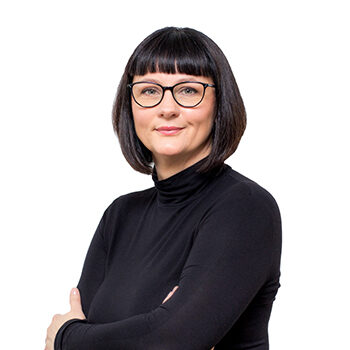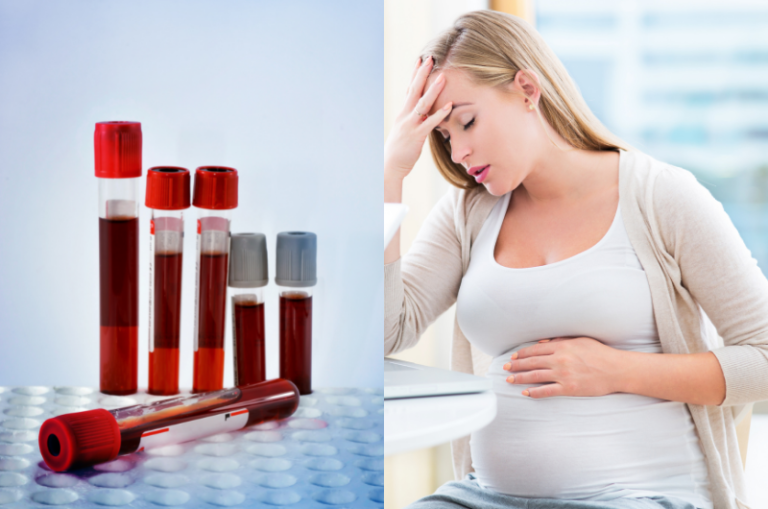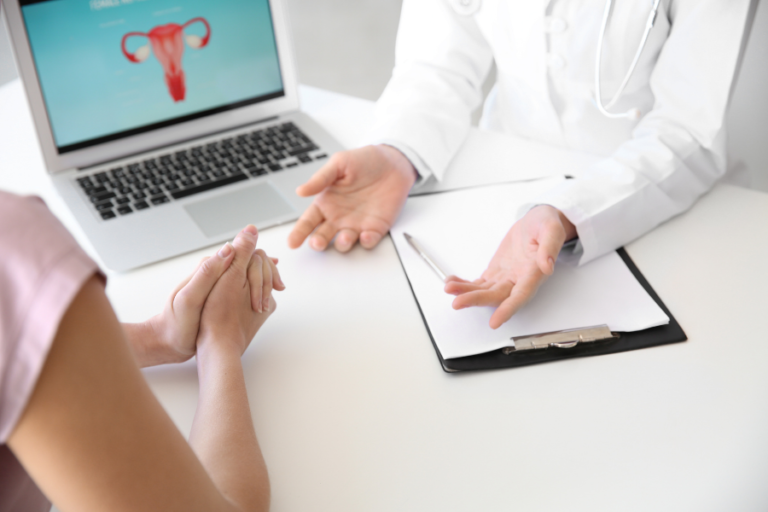Increasingly late motherhood: the first child over 30
Currently, for various reasons (socioeconomic or personal), women decide to have their first child in their 30s. Based on data from the Eurostat survey for 2017, the average age of a mother giving birth in Poland is 29.5 years. Unfortunately, we do not have information here about the division into women giving birth for the first time and the next time. A statistical Pole is not yet giving birth to the first child after 30, but the average age in other European Union countries is 30.7 years. At the latest, it is Spanish, Italian, Greek and Portuguese women who decide to become a mother.
It is worth noting that in 2008 the average age of a Polish woman becoming a mother was 28.5 years.
How to prepare for pregnancy after the age of 35?
Preparing a woman for pregnancy after the age of 35 is not very different from the preparation of mothers who give birth earlier.
It is recommended that:
- prophylactic use of folic acid;
- performing tests for chronic hepatitis B and C, HIV;
- it is also worth measuring fasting glucose and lipid profile;
- take care of the possible supplementation of vaccinations (rubella, smallpox, hepatitis B);
- if the expectant mother suffers from a chronic disease, it is important that the medications used so far are assessed for safety in pregnancy and possibly changed to those that will not affect the developing embryo and fetus;
- the obvious fact is the resignation from stimulants, which can also reduce the chances of conceiving.
Late pregnancy: symptoms
In relation to late pregnancy rather hard to pinpoint symptoms different from those experienced by women expecting a baby at a younger age. If the pregnancy is not planned, it may happen that even fairly obvious symptoms are overlooked because the expectant mother will simply not associate them with a different condition at first.
The severity of some symptoms and ailments can be influenced by chronic diseases and other health problems, the likelihood of which increases with age.
Pregnancy at the age of 35 and beyond: risk of genetic defects
Getting pregnant after the age of 35 does not have to be, but it can be a problem. The course of pregnancy may also be associated with a higher risk of complications. The older the pregnant woman, the greater the risk - ranging from a higher risk of miscarriage in women, genetic defects in the fetus, and ending with maternal complications.

When it comes to the risk of genetic "errors" and related defects in the fetus, the differences are clearly visible when we compare the statistical data on 20- and 40-year-olds in the 12th week of pregnancy.
Risk of trisomy:
21.pairs of chromosomes (Down syndrome):
- in a 20-year-old woman - 1/1068;
- in a 40-year-old woman - 1/68.
18 pairs of chromosomes (Edwards syndrome):
- in a 20-year-old woman - 1/2484;
- in a 40-year-old woman - 1/157.
13th pairs of chromosomes (Patau's syndrome):
- in a 20-year-old woman - 1/7826;
- in a 40-year-old woman - 1/495.
Late pregnancy: ultrasound examinations
In order to detect abnormalities in the structure of the fetus and the risk of genetic defects listed above, the so-called combined test, i.e. fetal ultrasound and testing of the level of free beta hCG and PAPP-A protein in mum's blood.
In women who are pregnant after the age of 35, the examination is reimbursed by the National Health Fund in Poland, i.e. free of charge. It allows you to assess the early anatomy of the baby and the presence of markers of genetic defects. The result also determines risk of developing pre-eclampsia (hypertension in pregnancy) and intrauterine growth restriction. If the examination shows that it is high, a prophylactic dose of acetylsalicylic acid should be introduced in order to reduce the risk of these complications.
Another ultrasound, recommended for all mothers-to-be, is the 20-22 examination. week of pregnancy, accurately assessing the anatomy - the structure of the fetus and its growth. It is also reimbursed by the National Health Fund in the case of pregnancy after the age of 35. Ultrasound examination, recommended in 30-32. week of pregnancy, has not been - unfortunately - included in the reimbursed group of studies in future mothers of more advanced age.










